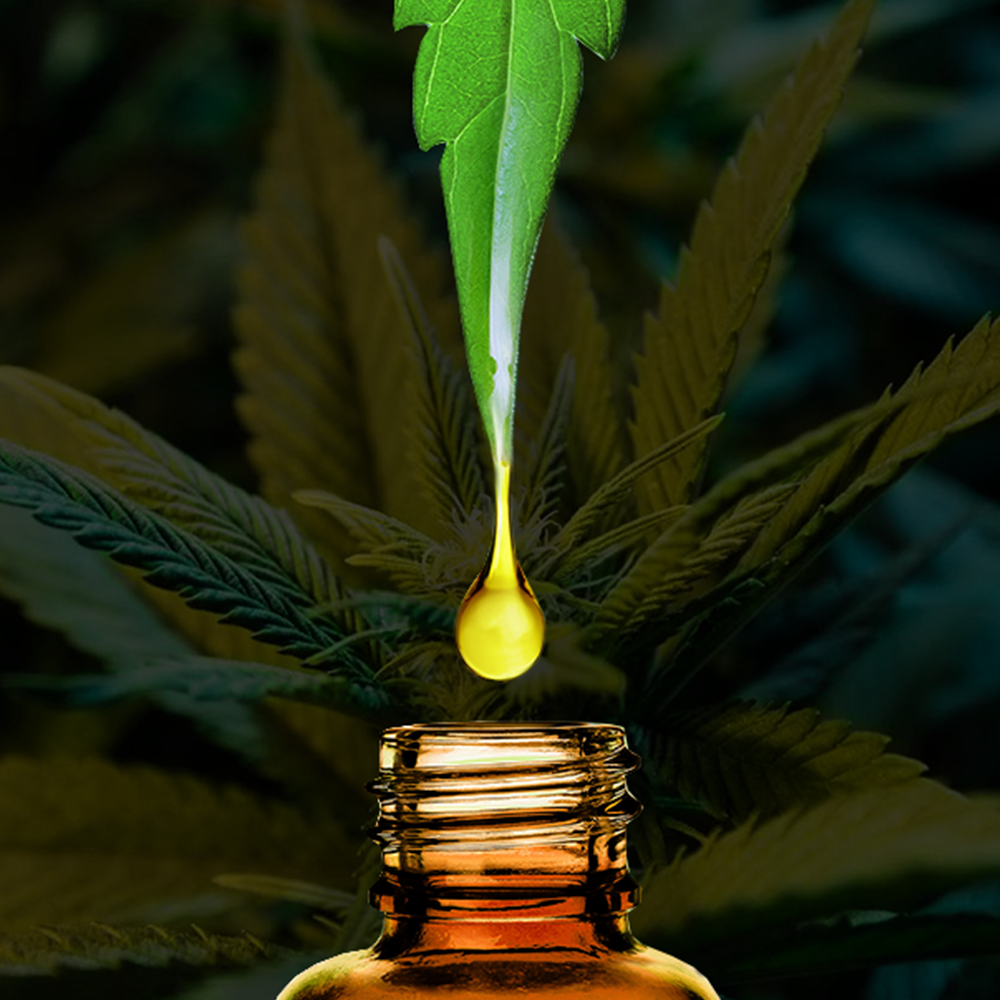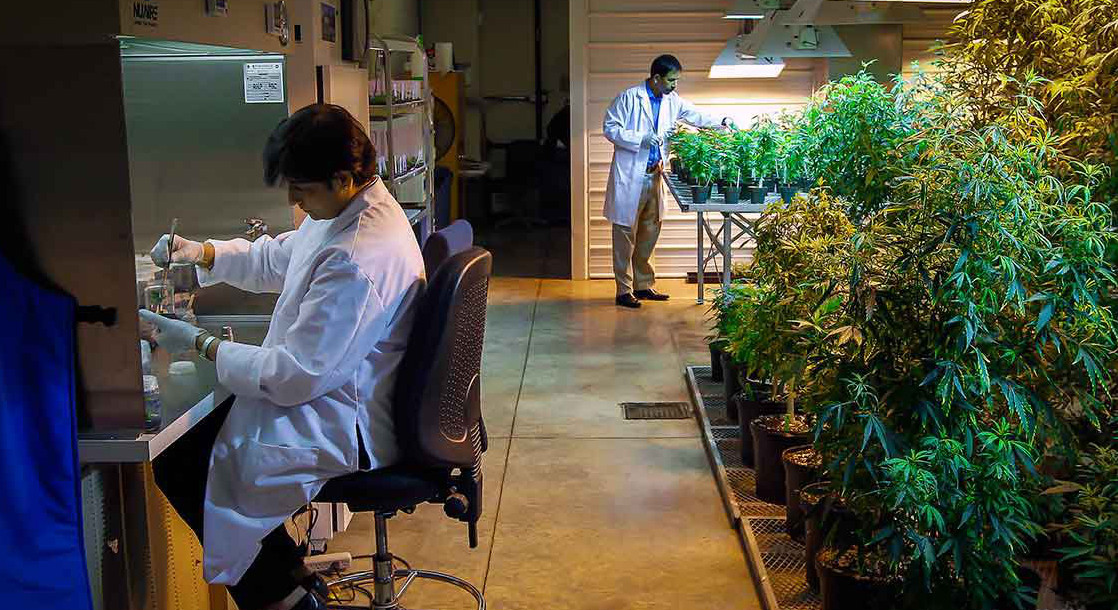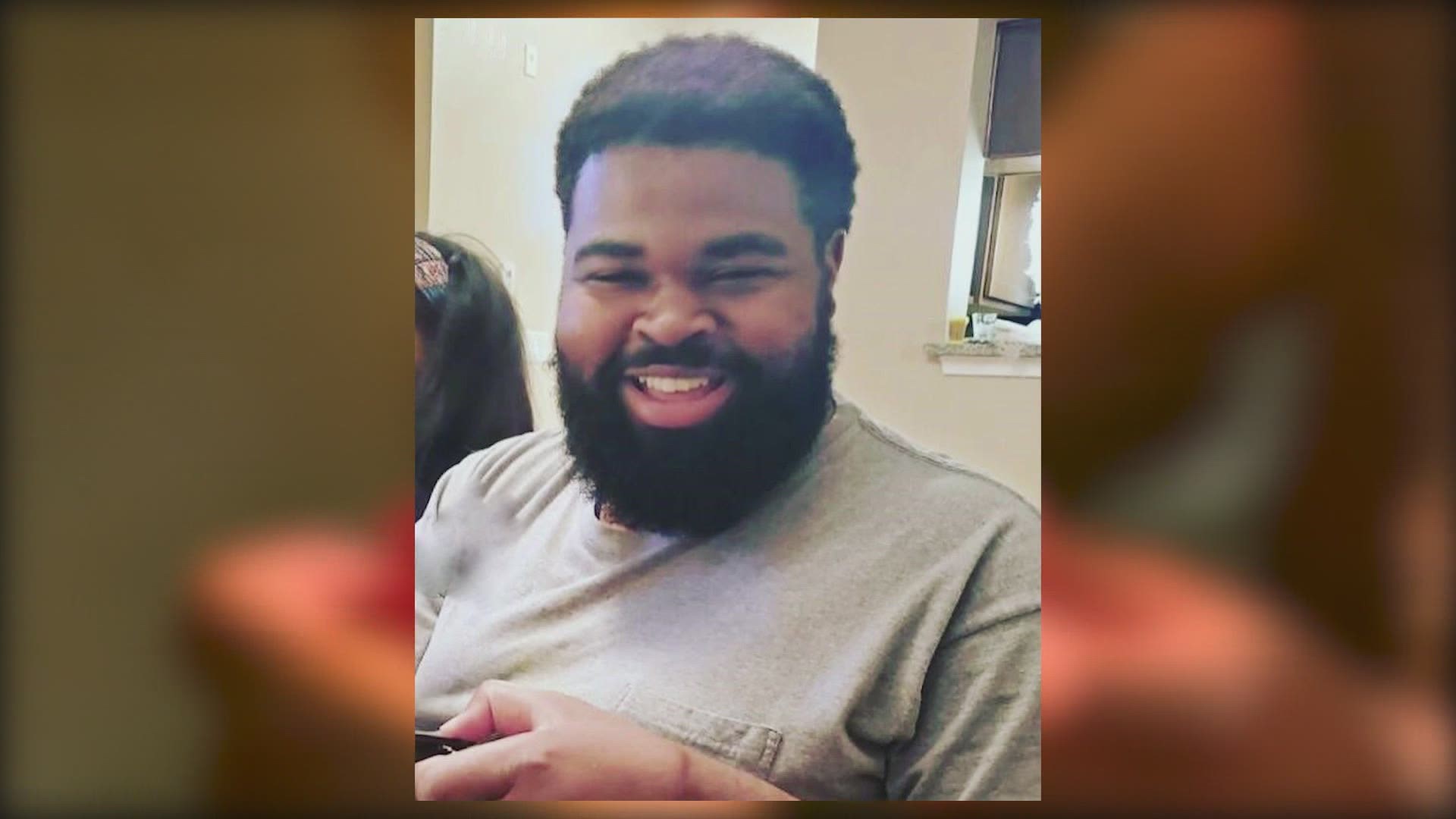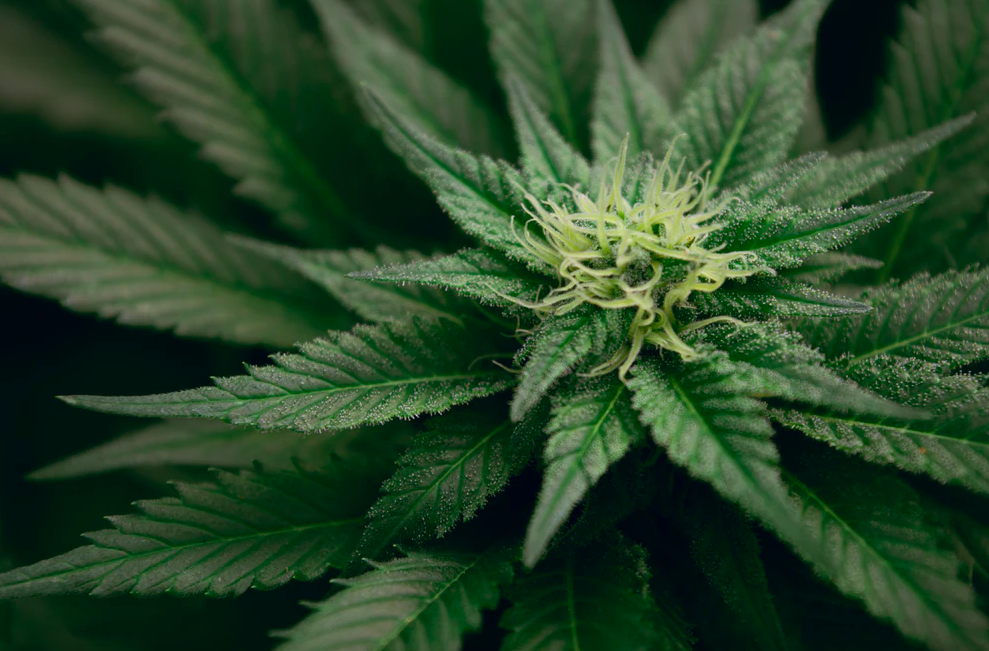Cannabidiol, better known as CBD, has exploded onto the health and wellness market in recent years, with industry analysts predicting that the hemp-derived CBD market alone could grow to $22 billion by 2022.
To put it simply: CBD is as hot as a cherried bowl. There have been countless news articles and blog posts written about the cannabinoid, supporting as much. Whether it’s lifestyle “influencers” detailing their CBD matcha latte intake, or scientists exploring its potential to reduce inflammation and anxiety disorders, the CBD wave is real and it’s likely going to continue swelling.
Furthermore, as the DEA’s recent rescheduling of the first cannabis-derived CBD medication, Epidiolex, emphasizes, even the feds are beginning to come around to the compound. And rightly so: Clinical trials have proven CBD to be an effective treatment for two very rare forms of epilepsy found mostly in children.
But is this news surprising, really? As cannabis legalization continues to spread across North America, and the plant becomes less stigmatized in prohibition states, doesn’t it make sense that THC’s non-intoxicating cousin would become everyone’s favorite way to toe-dip into these nascent, sticky waters? Plus, it doesn’t hurt that hemp-derived CBD can be shipped internationally, which suggests why everyone and their favorite skater dad appears to be creating a cannabidiol brand these days.
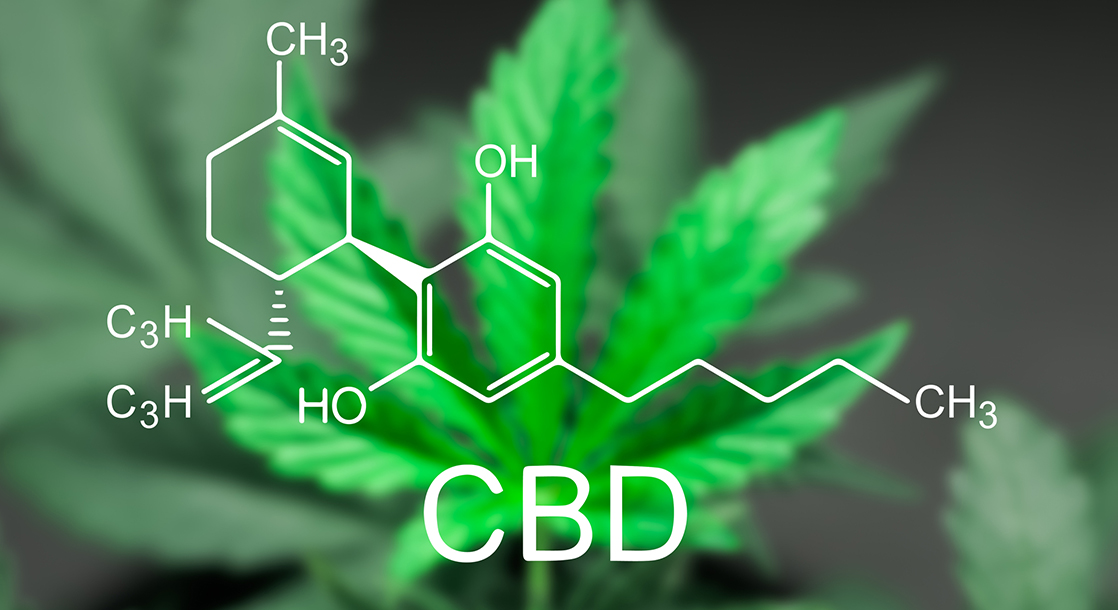
That said, not everyone is embracing CBD with open arms. In recent years, we’ve seen and heard CBD referred to as a miracle cure-all, as well as an “all-natural Xanax,” but truth be told, many people just aren’t buying the hype. Some people argue they’ve tried CBD products to treat a variety of ailments, from inflammation to insomnia, but have yet to see or feel their symptoms improve — making CBD more of a placebo than a panacea. Others think CBD is just the latest wellness buzzword to make its way around mainstream media and pop culture.
According to a study released in July, over 75% of CBD consumers reported learning about the compound from friends, family members, and internet research. It should comes as no surprise then to see such a divide around people’s perception of CBD and its reported medical benefits. It’s obvious people are interested in learning more about CBD and its effects, but most of their information is either coming from casual consumers or social media.
Earlier this fall, MERRY JANE attended the world’s first and only exhibition dedicated entirely to cannabidiol — the CBD Expo West in Anaheim. There were over 2,000 attendees and more than 90 highly-vetted speakers from the cannabis industry in attendance to conduct over 25 panel discussions and speaker presentations, overviewing CBD’s medical efficacy and the future of both the cannabis and hemp industries. There, MERRY JANE sat down with five distinct professionals, ranging from doctors and medical researchers to entrepreneurs and more, to discuss the rise of CBD in our country’s canna-zeitgeist and get their takes on those three magic letters.
Interviews have been edited for length and clarity
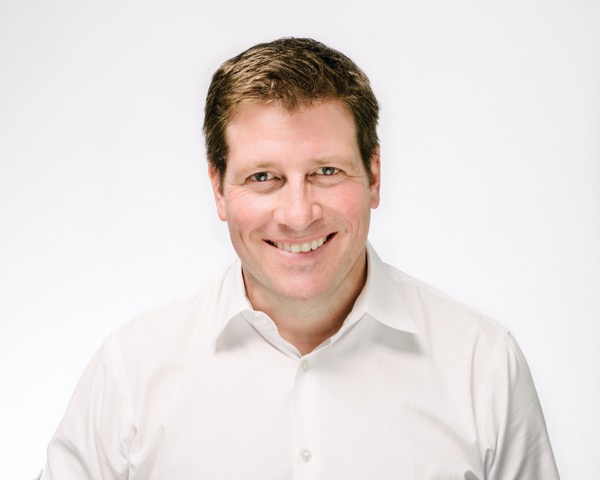
Dr. Andrew Kerklaan, DC
Founder and President of Dr. Kerklaan Therapeutics
Dr. Andrew Kerklaan is a chiropractor who’s been in practice for over 20 years. Dr. Kerklaan was inspired to become involved in the cannabis industry after treating an elderly patient suffering from severe chronic pain who finally found relief with CBD.
He launched a collection of CBD and THC-infused topicals called Dr. Kerklaan Therapeutics in 2017. Dr. Kerklaan Therapeutics topicals address four categorical issues: Pain, PMS, Sleep, and Skin.
MERRY JANE: Do you believe CBD has the medicinal potential to do more than what people outside of the cannabis industry are saying?
Dr. Andrew Kerklaan: I have experience in clinics treating patients. I know what good responses are and I know what slow responses are. I know what’s reasonable and I can apply that perspective to CBD and the physiology and background of how CBD works. I know there are things that make 100% sense and are proven at this point from research. Then there are things that are much more broader. I’m cautious of claims that CBD is an elixir for everything and to take it everyday as a vitamin supplement. I think consumers and the medical community are a bit leery about that too, right? Here’s this new molecule that is getting so much attention, but can it really deliver on what everybody is claiming it can?
It’s not that I wouldn’t recommend CBD as a daily supplement, but it’s just that I don’t necessarily have the information to be able to recommend it now. From our perspective, as a brand, I’m very comfortable in the topical space with the things that we are addressing under our categories. We can identify how those work from a physiological perspective — for example, how CBD interacts with nerve endings and all sorts of stuff. I’m certainly not making the larger claims about CBD, but I think it’s also a matter of time before we see a lot of good research coming out to support the effects.
As more cannabinoids are researched and studied, do you think CBD will remain front and center as the most popular and sought after cannabinoid (besides THC)?
We’re at a CBD conference. In other countries, I think there’s less of a focus on CBD and more of a focus on overall cannabinoids. I think the regulatory framework here in the U.S. means that CBD is really the first cannabinoid out of the gate. So, of course there’s a lot of focus on CBD. But there are many other cannabinoids which I think are going to offer fantastic potential for people. The concentrations are lower and they’re harder to produce in quantity so that will create a price barrier to a certain extent. But I see tremendous opportunity in many other cannabinoids. I do hope, though, from a natural perspective, that it stays within the realm of supplemental and is available to the masses, as opposed to a registered pharmaceutical like Epidiolex.
Which cannabinoids, other than CBD, are you interested in continuing to study?
I’m watching CBG, CBN, and different combinations of them. I’m interested in this potential “entourage effect,” how real is it? And how complex is it to try and figure out ratios of CBD, CBG, and CBN. I think that’s going to be fascinating to see.
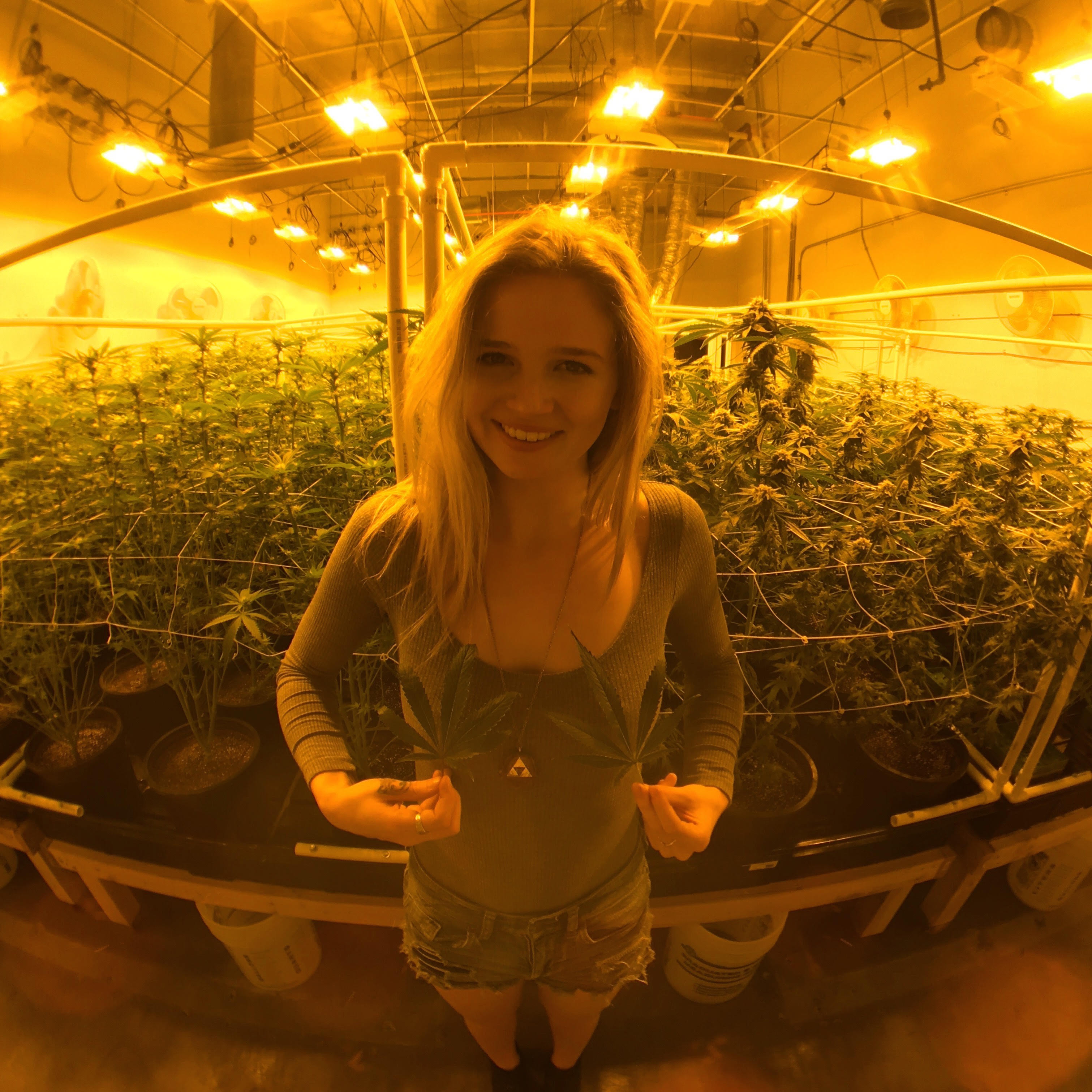
Shea Wineck
Founder of Life Flower
When Life Flower Co-Founder, Scotty Leon’s grandmother became ill his partner and Owner of Life Flower, Shea Wineck started making CBD salves to help alleviate her pain. But after their grandmother passed, family and friends continued to request her CBD-infused products. And voilå, Life Flower was born as a tribute to their grandmother. Life Flower’s mission is to bridge modern living with ancient healing. Her products include CBD-infused bath bombs, body oils, washes, and tinctures.
MERRY JANE: Do you believe CBD is as great as people everywhere make it out to be?
Shea Wineck: Yes, the endocannabinoid system is such an important system and many doctors don’t even know it exists. When I type “endocannabinoid,” it says its not even a word. The endocannabinoid system is responsible for every important bodily function: how we eat, how we sleep, how we manage stress, and how we live our lives. I really believe CBD is the key to maintaining. I believe that people have cannabinoid deficiencies and that’s what causes inflammation, stress, pain, and anxiety. That’s why people consume cannabis or CBD sometimes and they’re like, ‘Ah, I feel so much better.’
What type of feedback or testimonies do you receive from people who have consumed your CBD products?
It’s amazing hearing people’s feedback. My mother-in-law stopped taking blood sugar prescription pills because the hemp oil actually lowers her blood sugar. And not even just her blood sugar, but her blood pressure, too.
One of my friends has a tear in her aorta, so it’s very dangerous for her to have high blood pressure, but unfortunately that’s what’s been happening. Recently, she became very stressed and her blood pressure rose. For somebody with a torn aorta, that’s very dangerous. She could have a heart attack and die. Her blood pressure rose to 160. She took some of the elderberry CBD elixir and it dropped back down to 120.
Since CBD is not FDA-approved, how do you balance operating legally while simultaneously educating people about CBD and the benefits of using your products?
Most of it is through testimonies. Many people believe things through other people’s experiences. I don’t like to make any claims, even with the elderberry and hemp elixirs. But I always talk about the testimonies and experiences of others who have consumed Life Flower products. I don’t say these products are indefinitely going to drop your blood pressure or blood sugar. There’s a fine line, but I think that people are very understanding of it.
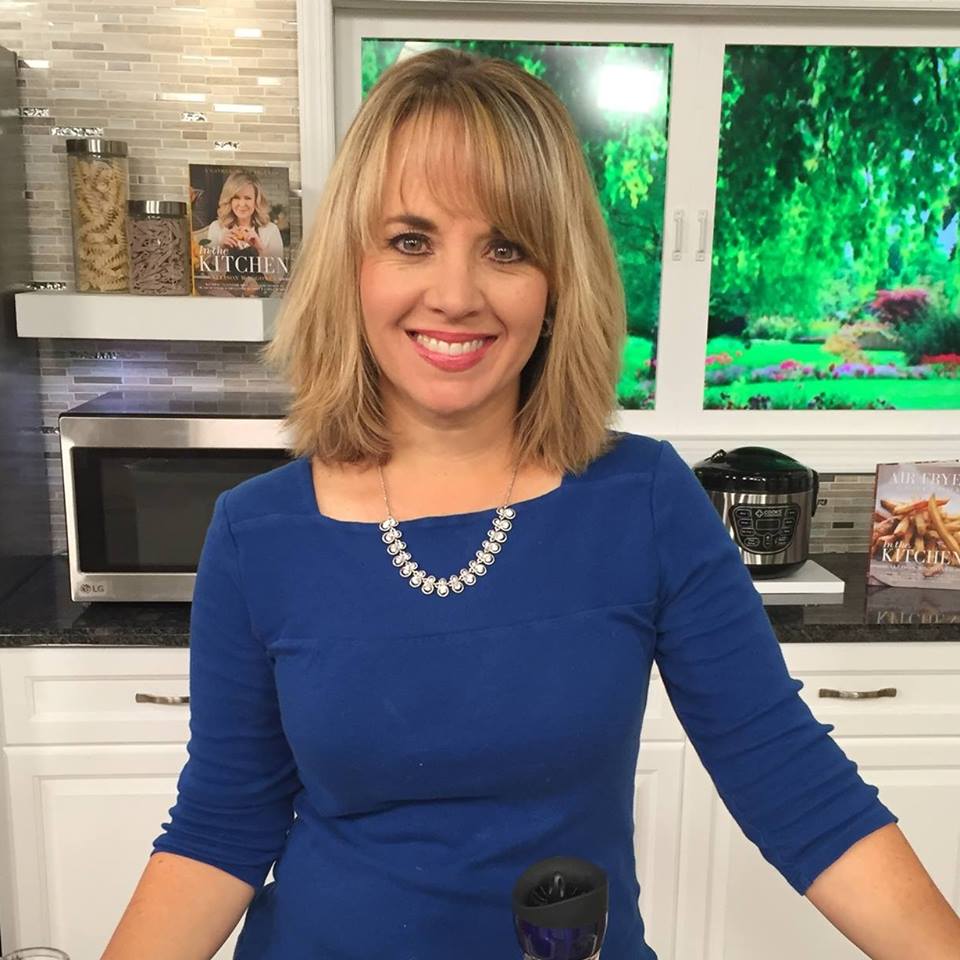
Stacey Phillips Pitts
Co-Founder of CBD BioCare
After watching Dr. Sanjay Gupta discuss the medicinal benefits of CBD and debunk many myths surrounding marijuana, Stacey Pitts was ignited to get involved in the cannabis industry and educate people about the medicinal benefits of CBD. Pitts and her husband, Matthew, launched CBD BioCare in 2016. CBD BioCare offers CBD oils and recently launched their collection of CBD BioSkinCare products.
MERRY JANE: Do you believe CBD works as well as consumers claim?
Stacey Phillips Pitts: CBD works. It’s amazing and this is not a trend. Our nation is just now becoming receptive because we’re saying we’re tired of big pharma, we’re tired of the opioid crisis, and everything else that is going on. But I think CBD is exactly what people are saying it is.
But here’s the thing, not all CBD is the same. CBD BioCare started putting QR codes on our labels. Now, when people scan the QR code it takes them right to our third-party testing results. We do this to say this is a clean product and we’re doing everything we can. We test from plant to product to make sure people are getting clean and safe CBD products.
There’s a lot of ongoing debate and confusion in the cannabis industry over full spectrum CBD versus CBD isolate. What are your thoughts?
Here’s what’s important, whether you buy my CBD product or someone else’s. It should be a full-spectrum CBD product. That means it has all the richness and goodness the plant has to offer.
CBD isolate is CBD isolated from the plant and full-spectrum means you’re essentially getting the full-spectrum advantages of the whole plant. You want to go with the medicinal product that is full-spectrum. Yes, CBD isolate works; it’s an anti-inflammatory. But if I have my choice, I’m going to go with full-spectrum to achieve the entourage effect.
As more cannabinoids are researched and studied, do you think CBD will remain front and center as the most popular cannabinoid (besides THC)?
CBD will remain the star because it’s the most dominant cannabinoid outside of THC. Today, it is the most affordable cannabinoid to extract. They’re finding that CBG may be really great for glaucoma. CBG has great potential, but right now it’s so incredibly expensive to source. It’s a really valuable cannabinoid that is still being researched, but I don’t think it’s going to be as readily available as CBD.
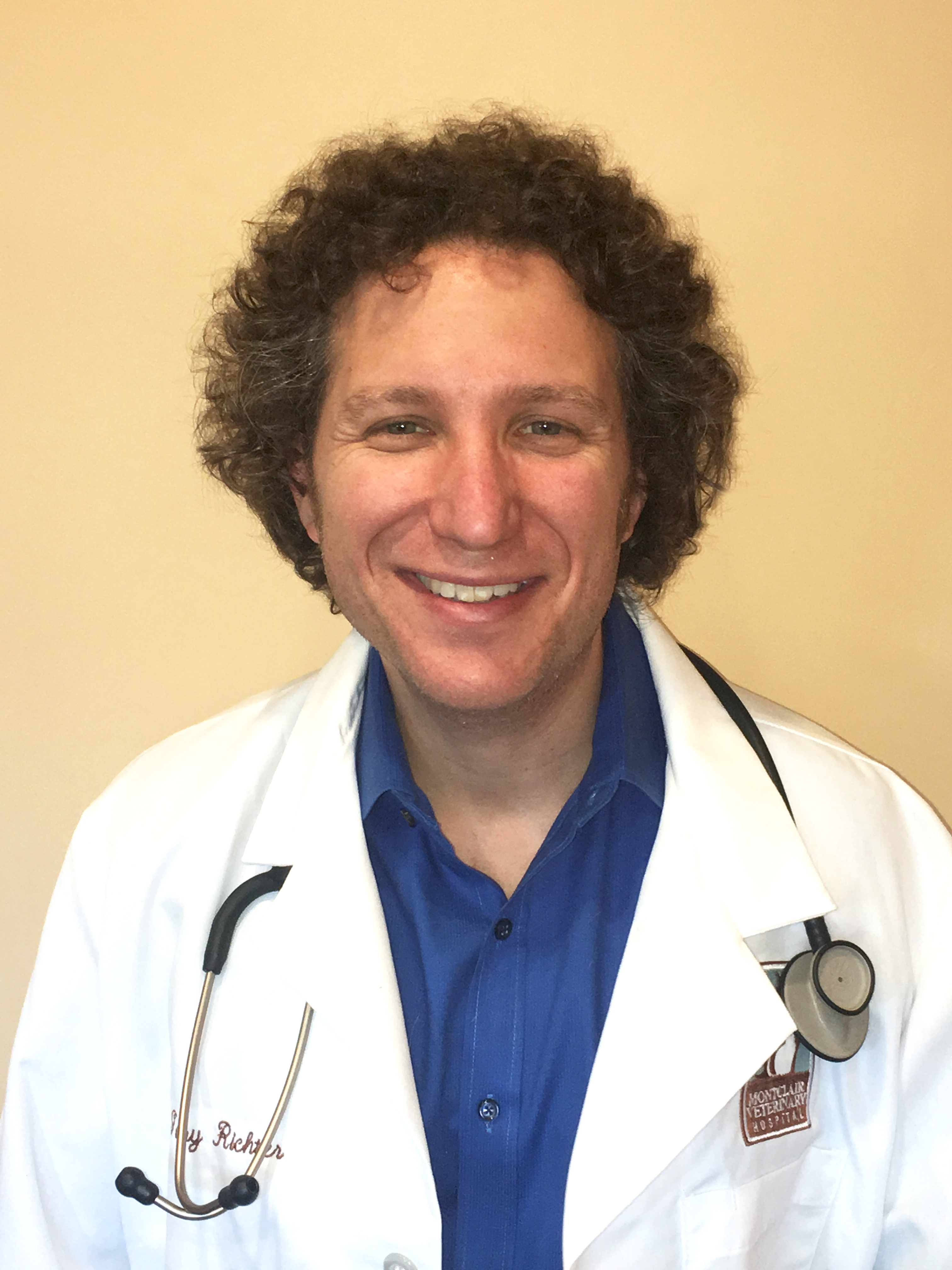
Dr. Gary Richter, MS, DVM
Founder of Ultimate Pet Nutrition
Dr. Gary Richter is both a certified veterinary acupuncturist and veterinary chiropractor. He is the International Best-selling author of “The Ultimate Pet Health Guide,” where he discusses the benefits of both conventional and holistic treatment methods for your pet. Dr. Richter recently launched his own line of pet products called Ultimate Pet Nutrition.
MERRY JANE: Do you think CBD will continue to be the most popular cannabinoid in the legal space besides THC?
Dr. Gary Richter: Right now, I really see the momentum behind CBD and THC. Currently, there’s so much support surrounding these cannabinoids and their medicinal potential. The infrastructure around them is already created, and I doubt the introduction of other, minor cannabinoids will impact CBD’s popularity. But you will see the emergence of products offering ratios of various cannabinoids. For example, a 5:1 CBD to CBG ratio or 3:1 CBG to CBN ratio. We’re going to see those kind of products become available in the future. CBD and THC will remain at the forefront and other cannabinoids like CBG and CBN will be seen as supplemental to CBD and THC.
What are some of the biggest misconceptions surrounding CBD?
The biggest misconception is people don’t understand that CBD is but this tiny, little fragment of the much-larger cannabis picture. People are now using the term CBD oil interchangeably with every cannabis product. It’s kind of like when people say, ‘I want a Coke,’ when they’re really just saying I want some carbonated, cola type of beverage. CBD is becoming one of those terms and what’s getting lost in that is people aren’t really understanding what they’re using or what it is they’re looking for.
Being able to provide people with a little bit, or at least some, ground level dosing information regarding CBD is important to me because that’s the major piece that people are really missing. They say, ‘I know cannabis can help my animal, but how do I dose CBD?’ In my book, there’s some ground level dosing information included so people at least know where to start.
Shaan Y. Singh
Medical Researcher and Holistic Health Practitioner
Founder of CBDPhytoceutical
With a background in nuclear medicine, Shaan Y. Singh set out to find a cure for cancer after his younger sister was diagnosed with the disease 11 years ago. He got in contact with cannabis culture icon Rick Simpson and learned about pure cannabis extract (RSO). He learned to make his own and gave his sister the CBD oil to which they saw great results. Eventually, all the cancer cells were destroyed and his sister’s cancer went into remission.
Sadly, she later passed away unexpectedly from an underlying medical condition. Devastated by the loss of his sister, but determined to understand CBD and ayurvedic herbs, Singh trekked the Himalayan Mountains searching for anti-cancer plants to bring back to Canada for further research. From there CBDPhytoceutical was born.
MERRY JANE: Do you believe CBD has as much medical potential as consumers generally claim it has?
Shaan Y. Singh: CBD has become a hype word. You’re seeing it in a lot of unusual, novelty products. We see CBD water, which is cool. But I don’t know who’s going to spend $4 or $5 everyday to drink a CBD-infused beverage. You also find CBD in some makeup products, but is it really treating your wrinkles or skin elasticity? I think you’re going to see these products taper off and kind of go away. But the true medicinal products will last the test of time.
Since CBD is still classified as a Schedule I narcotic by the DEA, how do you balance operating legally while simultaneously educating people about the benefits of using your products?
CBDPhytoceutical’s reference to the National Institute of Health on our product’s packaging refers specifically to the herbs contained in our CBD products. We’re not making the claim for CBD itself. We’re not directly claiming anything in regards to CBD, only the herbal, ayurvedic blend. When it comes to the product names, they simply point to their general use. Our Digestive product is named that because it is good for digestive health and we have included herbs that emphasize that. Our Dream product has melatonin, which we already know has been documented by the NIH as a sleep aid.
As more cannabinoids are researched and studied, will CBD maintain its popularity?
Right now, I really see the momentum behind CBD and THC. Even as more research surrounding other cannabinoids arises in the future, there is already so much support and infrastructure created around CBD and THC. CBD is going to remain strong and other minor cannabinoids such as CBG and CBN are going to supplement the majors, which are CBD and THC.
What’s the biggest misconception surrounding CBD?
The biggest misconception surrounding CBD is that it is a cure-all. It won’t necessarily cure your disease or ailment, instead CBD allows you to deal with the symptoms better. Is CBD a cure for cancer? No. Because you still have to look at the source of where the cancer initiated. Many survivors will tell you the minute they get off CBD or don’t maintain proper dosing the cancer returns. Most cancer patients who have made it a point to supplement with CBD haven’t just tried and stuck with one alternative, they’ve done several things to change their lifestyle.
Follow Nicolle Callier on Twitter


